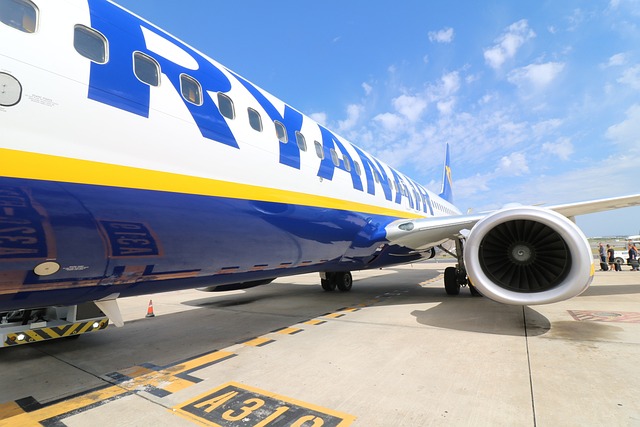Low cost airline Ryanair has big plans for Spain, as long as the country’s airport operator Aena plays ball.
That appears to be the message articulated by the Dublin-based company´s top brass during recent visits to Spain.
When Ryanair group CEO Michael O’Leary met with Prime Minister Pedro Sanchez on 12 January, 2024, he talked of a future investment of five billion euros over the next seven years.
Next along came Eddie Wilson, CEO of the group’s largest airline Ryanair DAC, who said they wanted to grow in Spain by 40% by the end of the decade. He was speaking at a tourism event on 22 January, 2024, and told the media that they were looking to grow passenger traffic from 55 million to 77 million.
He also said for that to happen, the supportive infrastructure needed to offer competitive charges, which would not be the case if a planned 4.09% increase in tariffs by airport operator Aena took place in March.
Wilson made the point that Ryanair´s decision to invest had been made on the promise that such increases would be delayed until at least 2026. Wilson called for the increase in charges to be reversed and that tourism should be expanded into other regions throughout the country, not just near the beaches.
Government transport minister Oscar Puente has said that the rise would go ahead, which even then would still be below pre-pandemic levels.


